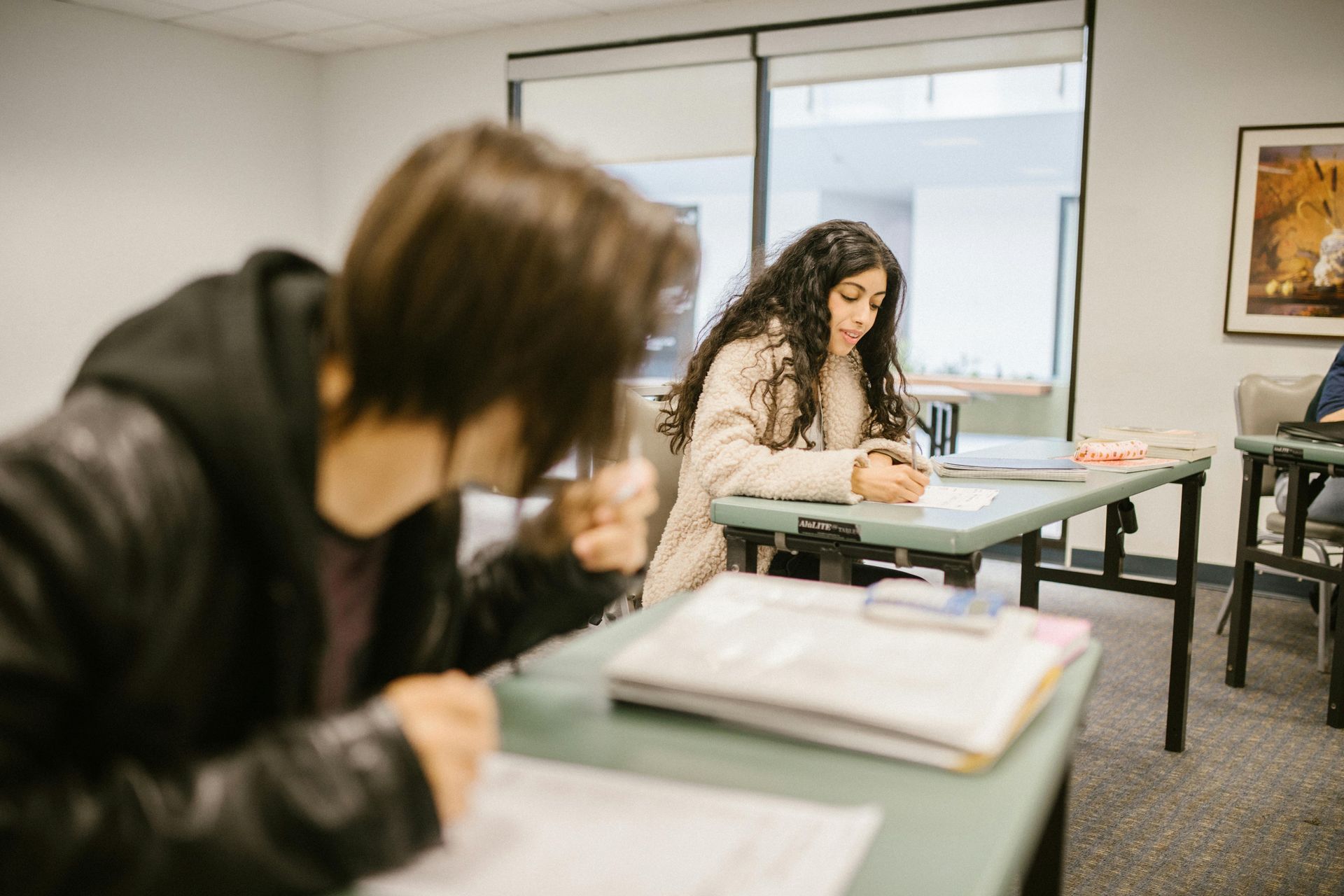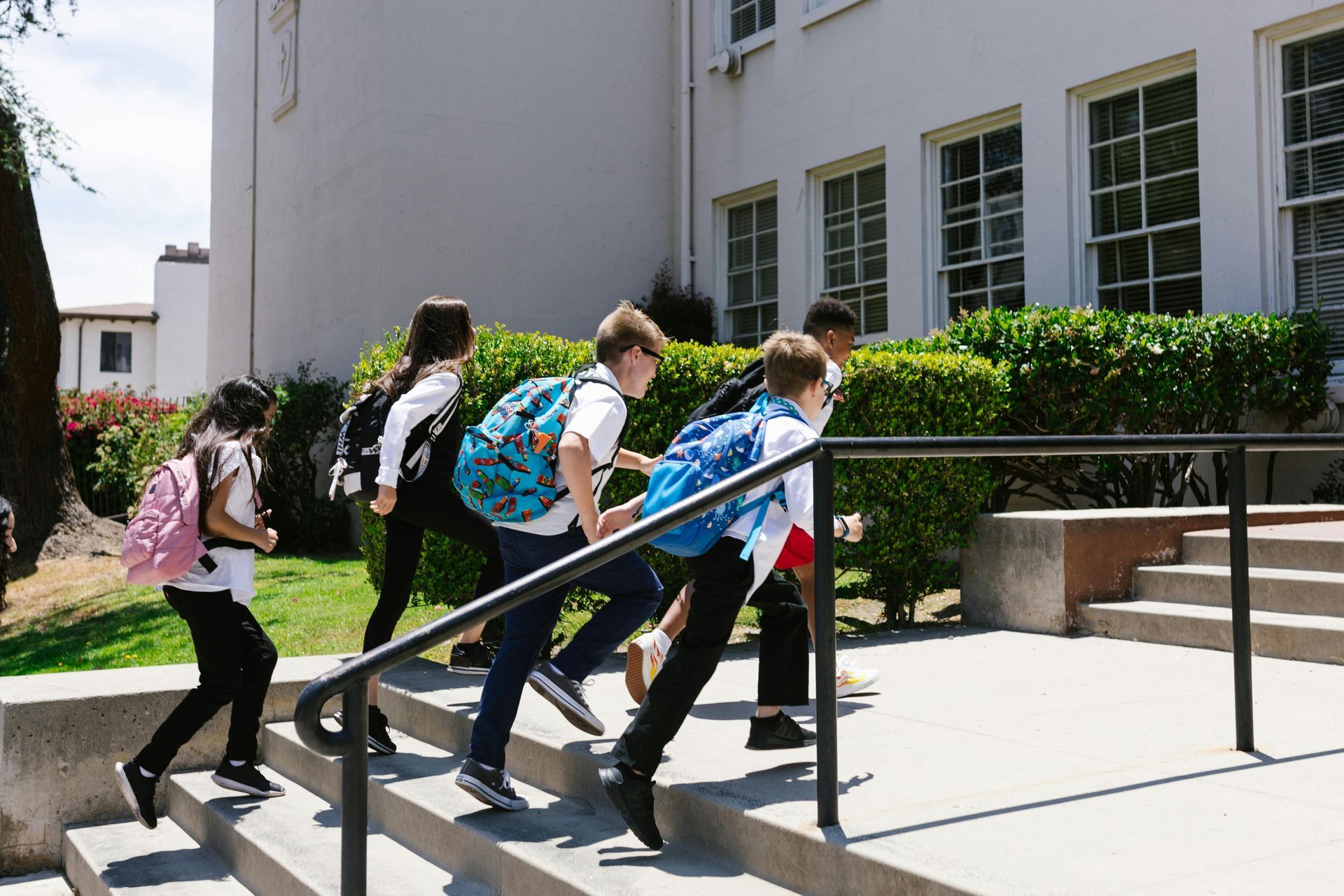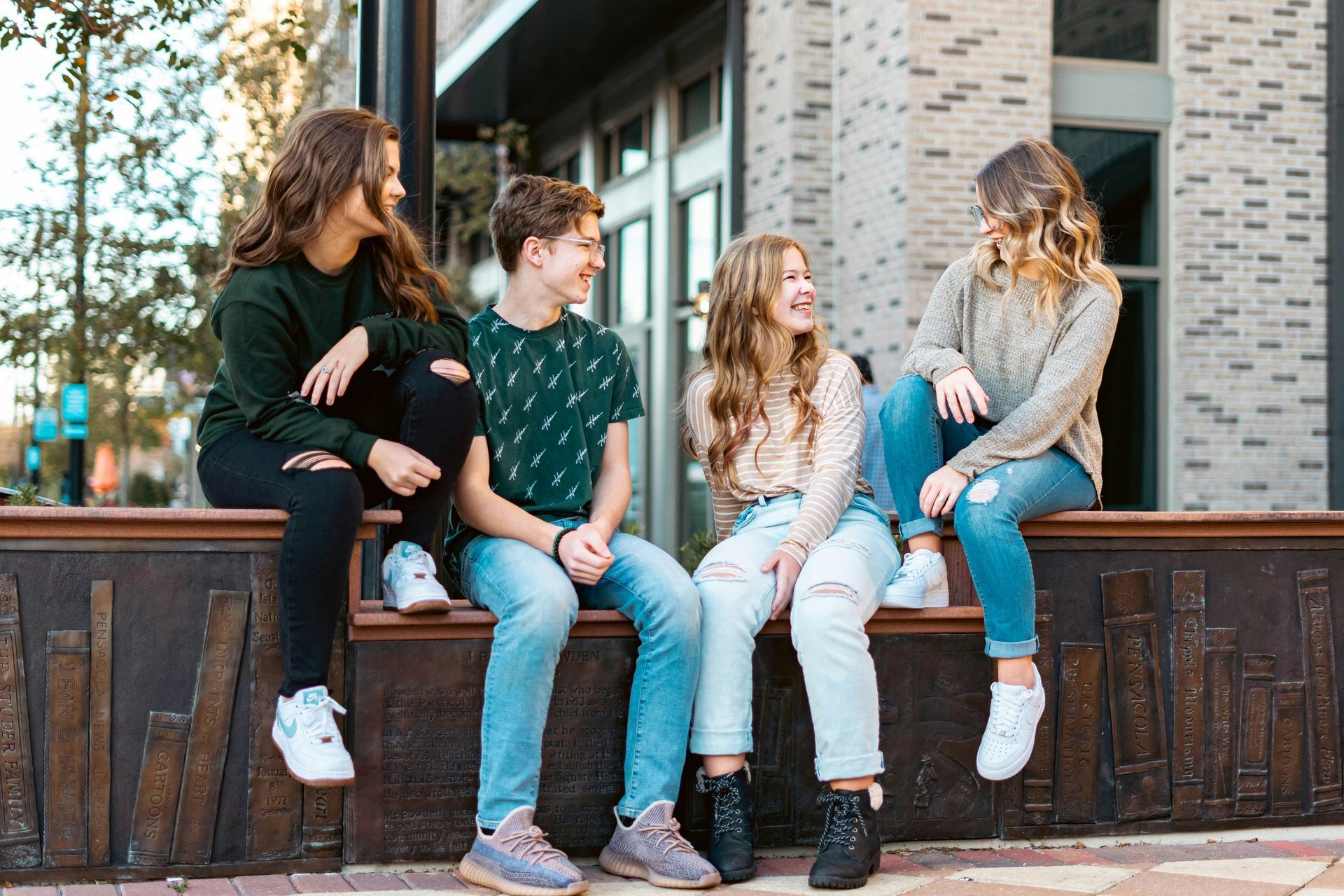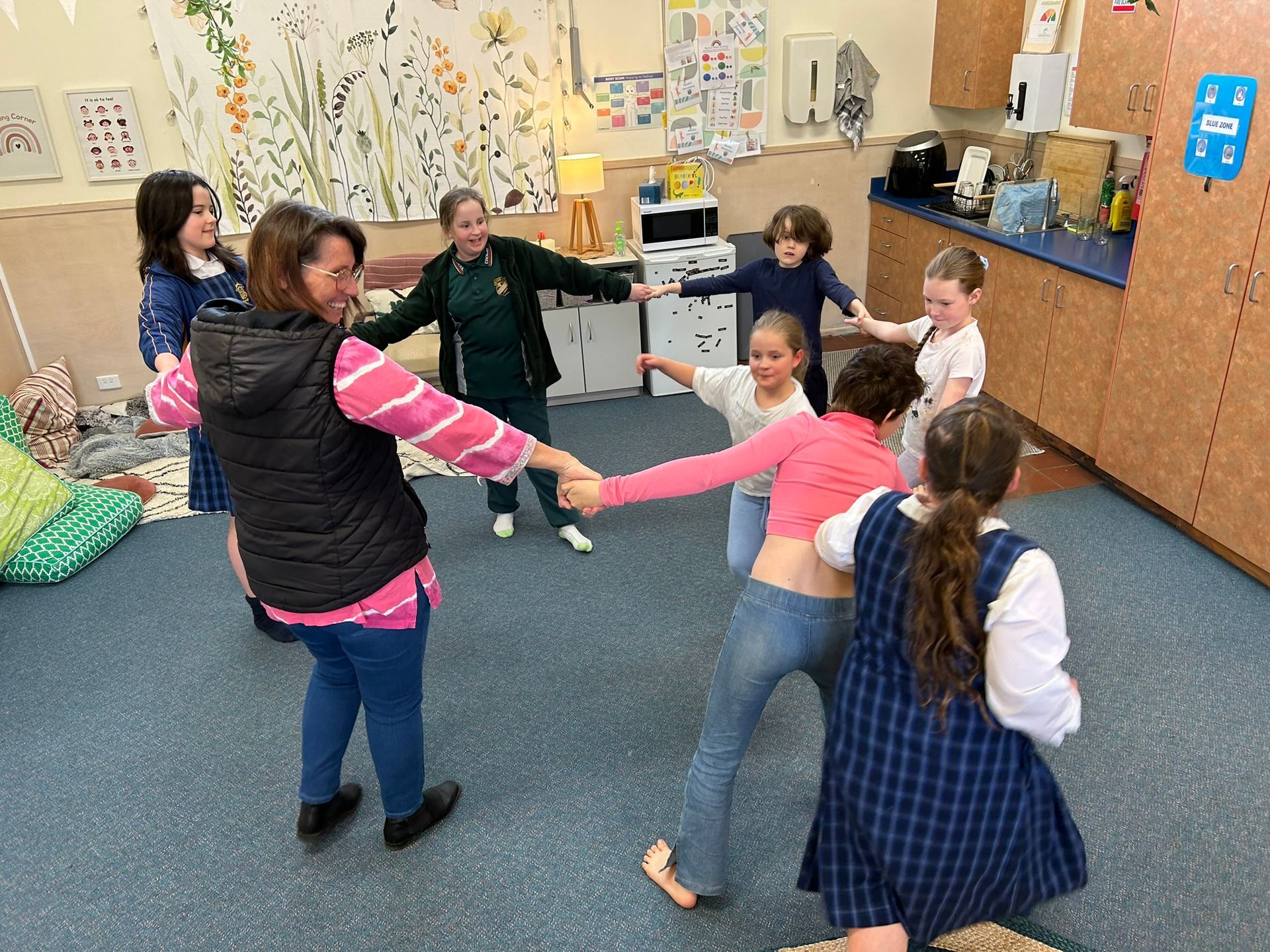Understanding Executive Function
Empowering Neurodivergent Young Adults to Organise and Thrive
Executive function is a set of brain-based skills that help us plan, prioritise, initiate tasks, and regulate our emotions and actions. For many neurodivergent young people, these skills don’t always develop in typical ways — and that’s okay. But with the right support and strategies, they can grow stronger. At Making Connections Toowoomba (MCT), we believe that understanding and supporting executive function is key to building independence, reducing stress, and fostering success in daily life.
That’s why our Organise and Thrive program, designed specifically for neurodivergent older teens and young adults, places executive function at its core. Over eight weekly sessions, we create a supportive, inclusive space where participants learn how their brains work best — and how to set themselves up for clarity, calm, and confidence in a busy world.
Through structured, hands-on activities and real-life examples, we introduce evidence-based executive functioning tools that can be adapted for each participant’s unique needs. Through structured weekly sessions, participants learn how to:
- Set up simple daily check-ins and visual supports to feel more in control
- Break down big tasks into manageable steps
- Identify priorities and make confident decisions
- Use tools to improve focus, manage distractions, and stay on track
- Design environments that support attention and productivity
- Understand personal energy patterns and plan accordingly
- Build momentum with low-effort strategies that encourage follow-through
We don’t just talk about strategies — we practise them, reflect on what works, and adapt them to real-world situations like study, work, home routines, and goal setting. By understanding how executive function works, young people are better equipped to notice what supports them — and what gets in their way.
Research shows that explicit teaching of executive function strategies, particularly when paired with self-reflection and practical application, can significantly improve self-management skills in neurodivergent learners (Dawson & Guare, 2018). When young adults gain a sense of agency over their day-to-day tasks, they feel more capable and empowered — both now and for the future.
Join Us in Term 3!
Our next Organise and Thrive program begins in Term 3 and runs across 8 engaging, practical sessions.
You can read more about this program by visiting our Skills page or to find out about how your young person can benefit, or to refer a client, contact us today at fiona@makingconnectionstoowoomba.com.au
Together, let’s support young people to build the skills that help them thrive — one strategy at a time.










